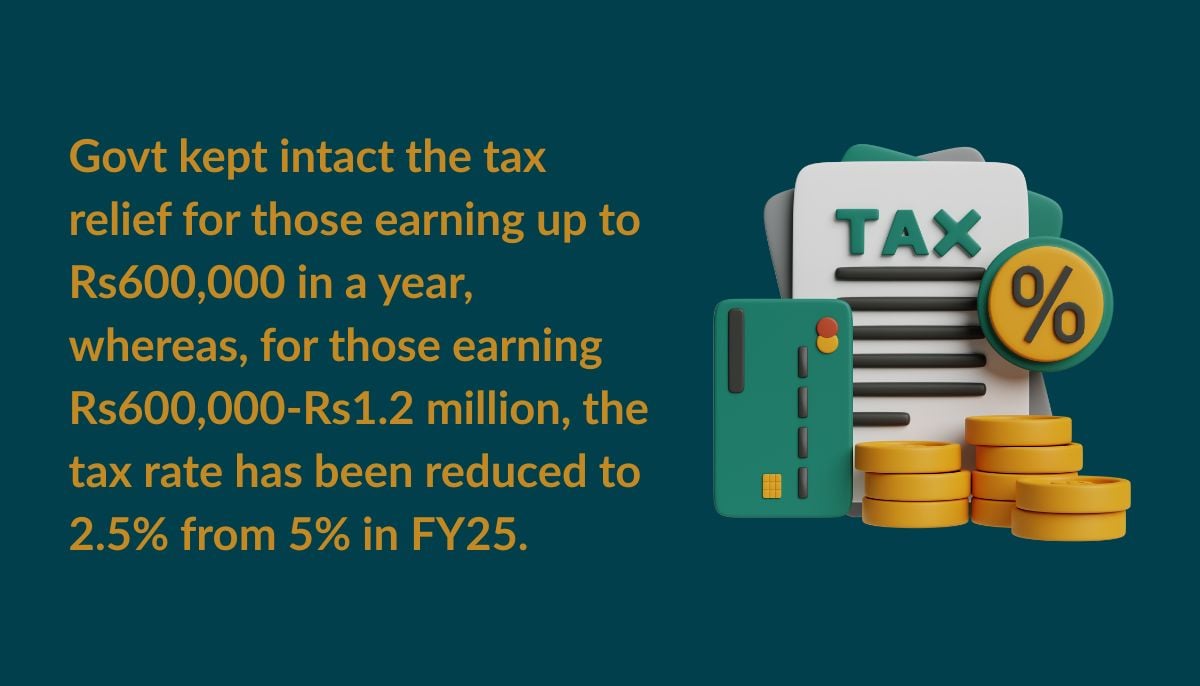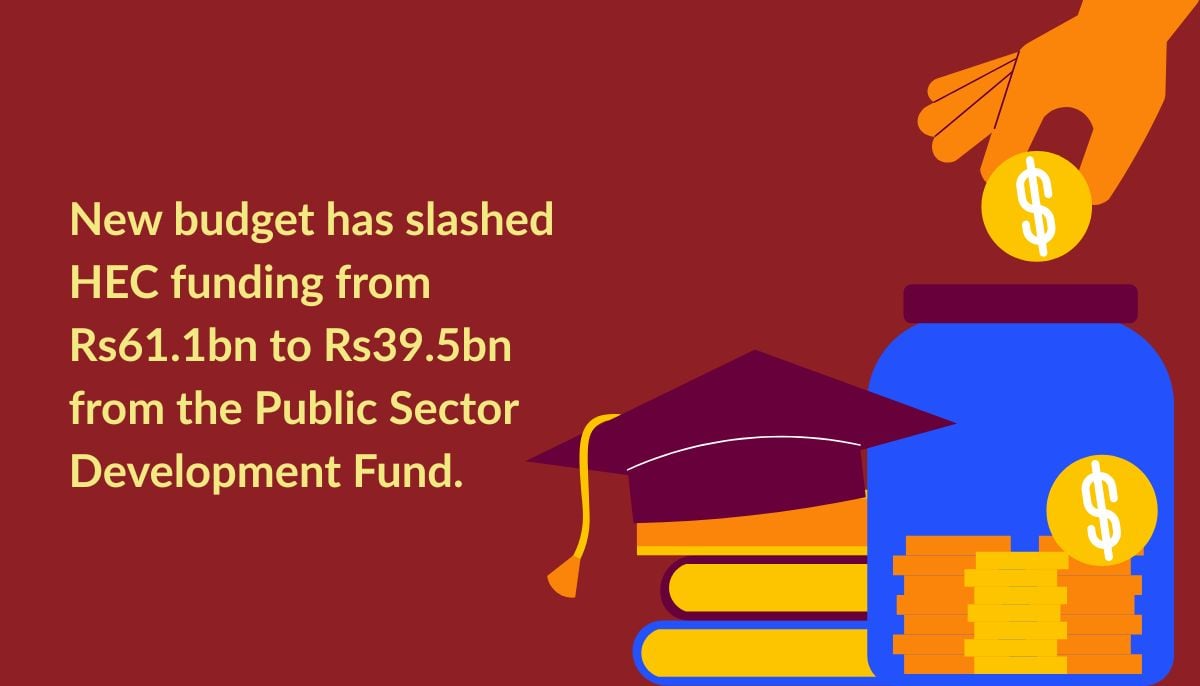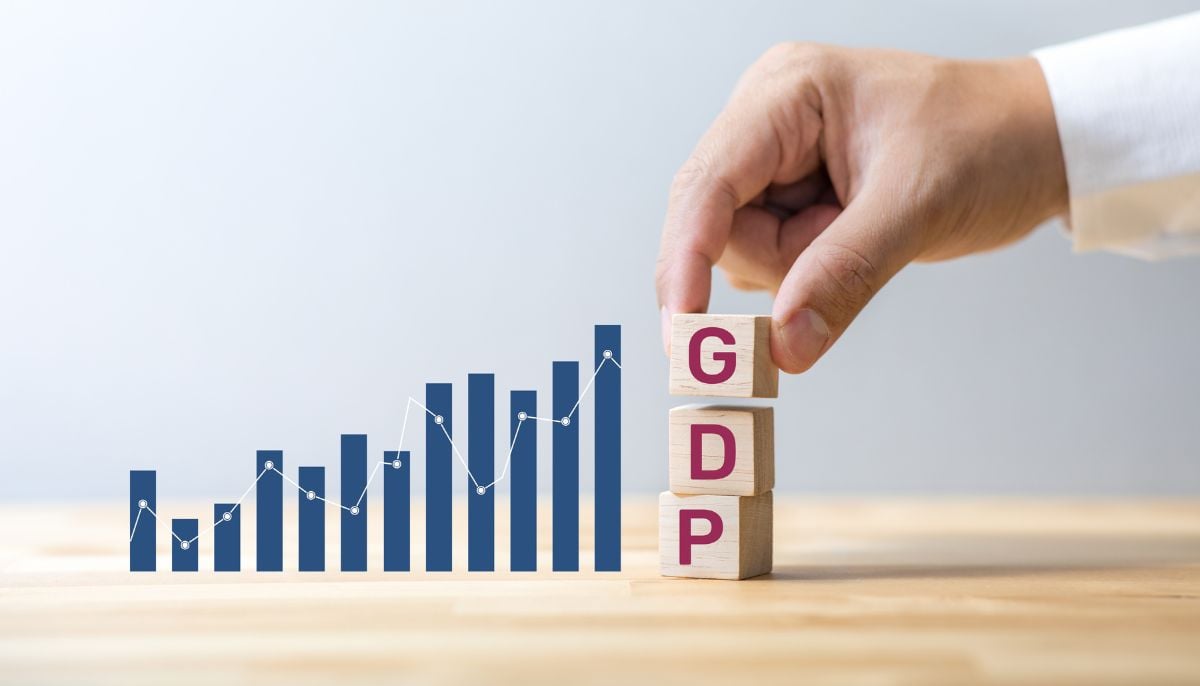Budget FY26: When relief feels like rumour, tax anxieties hit the streets
Given govt's need to remain in line with IMF's diktat, there's need to deliver a well-defined fiscal policy that leaves no one behind

The gossip at the local grocery store today focused on only one thing: a proposed reduction in taxes in Budget 2025-26 for the salaried class. From the man who came to buy formula milk for his newborn to the neighbourhood salon owner, everyone was concerned about the rise and fall in direct and indirect taxes proposed in the new budget.
Their questions and concerns centred on how the new budget would affect them starting July 1, 2025.
Furqan*, a father of three, including a newborn, said, “It is already difficult for me to afford diapers and formula milk along with my kids' school fee and my mother’s medication. I can't tell what impact this budget will have on my life.”
Expressing his anxiety, he asked the nonchalant store owner, “Do I have to switch to a locally prepared formula for my baby, even if it doesn’t suit him?”
The store owner shrugged and continued catering to the rest of his customers.

The new budget documents show no change in the 16% customs duty on imported ethylene polymers that are crucial for diaper and sanitary napkin manufacturing, bringing relief to consumers concerned about price hikes.
But manufacturers now face stricter conditions, including quotas and certifications, to qualify for the existing rate. Industry experts suggest these added compliance hurdles could subtly impact production costs, potentially influencing consumer prices despite the unchanged duty.
Furqan is a real estate agent who relies on commissions and a meagre salary to run his household. He has been urging his wife to work as a schoolteacher so she can at least get a discount on their kids' school fees. “But she is not ready with the baby. He is too young for her to leave him at a daycare or at his grandparents’ house,” Furqan lamented.
A teacher standing nearby told him that the real estate sector was given relief in the new budget, so he should be happy. “Do you even file a return?” the teacher asked the worried father.
Since Furqan’s income is below the minimum tax threshold, he does not bother filing a nil return.
The government kept intact the tax relief for those earning up to Rs600,000 in a year, whereas, for those earning Rs600,000-Rs1.2 million, the tax rate has been reduced to 2.5% from 5% in FY25. It must be noted that there was a discrepancy in this number, as Finance Minister Muhammad Aurangzeb in his budget speech had said the new rate was 2.5%, whereas the Finance Bill stated the rate as 1%. In the post-budget speech, the minister reiterated the 2.5% figure.

During the days before the budget day, media reports, talk shows, and publications by brokerage houses were abuzz with talks about who and what would be taxed more or less.
In all this noise, the loudest was the discussion about taxes on the salaried class, a topic that often makes cudgels go up against the Federal Board of Revenue (FBR).
Mercifully, the budget for fiscal year 2025-26 offers some relief to the salaried class.
The deduction for a person earning Rs100,000 per month would be Rs500 per month in taxes from July 1, 2025, down from Rs2,500 per month this tax year. This means that the tax paid by a person earning Rs100,000 per month will decrease by 80% from July 1, 2025.
Similarly, the tax deduction of a person with a monthly salary of Rs150,000 will be Rs6,000 per month or Rs72,000 in tax year 2026, down 40% from Rs10,000 in this year ending on June 30, 2025.
Tax expert M Zeeshan Merchant called the concessions for the salaried class in the new budget insignificant. “If we analyse this, after importers and big manufacturing concerns, salaried individuals are the largest group of taxpayers. The burden on this group was increased exponentially over the previous two years, particularly last year when they paid significantly more (Rs368 billion) in taxes.”
In the fiscal year ending June 30, 2025, the hard-pressed salaried individuals were further squeezed by the government with the removal of exemptions previously allowed. “I always call the salaried taxpayers the honest taxpayers because their taxes are cut at source.
“As per my assessment, the highest relief for a year would be Rs90,000-Rs100,000 for an individual.
“So the relief is insignificant and not at par with what was said by the government before the proposal was presented in the assembly,” Merchant added.
Exceptions play an important role in middle and lower-middle-income households.
In the case of those in the teaching profession, things will be different as the 25% rebate allowed against tax payable by full-time teachers and researchers will be discontinued from FY26.
The discontinuation of the rebate would hurt high-earning academic positions. So, for a teacher earning Rs150,000 per month, the taxes were Rs7,500 per month with 25% rebate in FY25. But when the rebate is removed in FY26, their deduction would be Rs6,000, increasing their take-home salary to Rs144,000 per month. This is because the overall tax rate reduction for this slab might outweigh the rebate loss.
However, for an academic earning a monthly salary of Rs230,000, the tax in tax year 2026 would be Rs400 higher without the rebate. After the 25% rebate, their monthly tax would be Rs20,000, leaving a take-home salary of Rs210,000 in FY25 and Rs209,600 in FY26. This highlights the differential impact based on the income slab and the rebate.

Commenting on this change, a university professor, who wishes to remain anonymous, said that the reduction in the Higher Education Commission’s (HEC) budget was far more concerning than the removal of the rebate. “It could have a detrimental impact on higher education in the country.”
HEC Spokesperson Tariq Iqbal said that the Public Sector Development Fund (PSDP) allocation of HEC for CFY 2024-25 was Rs61.150 billion, and the proposed allocation for next FY 2025-26 is Rs39.488 billion — which is 35% less than the current year’s allocation.
“Reduction in size of the allocation or inadequate funding may affect the timely execution/completion of ongoing projects of universities/HEC, which generally result in cost overrun of projects,” they added.
The HEC has listed 161 ongoing projects on its website. Many of these are development and infrastructure initiatives funded through the PSDP, such as the uplifting of academic and infrastructure facilities, and various scholarship and funding programs.
Academics depend on PhDs from recognised international universities, and publications in reputable and recognised local and international journals for promotions and career progression in public and private universities. These endeavours often need government grants and support.
Just publications can cost anywhere between $2,000 and $4,000.
The views shared by academics and researchers are far from isolated. Many feel that the tax on salaried people is way more than it should be, and is also a testament to the FBR’s failure in collecting direct taxes from several sectors of the economy, including agriculture, services, wholesalers and retailers. Some also raise questions on the subsidies handed out to the elite in the country on various pretexts. However, some also consider the taxes on the salaried class in line with global practices when seen in isolation.
Topline Securities CEO Mohammad Sohail said that all income should be taxed uniformly, according to set slabs.
He pointed out a disparity in how salaried individuals are taxed — those working for local companies in Pakistan versus those employed by firms abroad. “Currently, employees working in Pakistan and getting their salary from local companies pay more taxes than those working for offshore firms. This anomaly needed to be addressed,” he added.

Pakistan Economic Survey 2024-25 shows that wholesale and retail trade contributed 17.8% in GDP growth in FY25, despite that, their taxes constituted barely 2% of the total taxes collected by the FBR.
Advance tax collected from retail sales was Rs15.760 billion, representing just 0.99% of total withholding tax and 0.28% of total FBR revenues during July–December 2025.
The same tax from distributors and wholesalers stood at Rs11.274 billion, accounting for only 0.71% of total withholding tax and 0.20% of total FBR revenues collected during the same period.
A large chunk of Pakistan’s economy remains undocumented, and thus outside the tax net. There is a consensus amongst experts that people in Pakistan do not want to pay taxes. The agriculture sector remains outside the net despite constant government talks about its plans to tax this sector.
Overseas Investors Chamber of Commerce and Industry (OICCI) Secretary General M Abdul Aleem said, “Pakistan has a substantial Rs9 trillion cash-based informal economy, which remains outside the tax net, and this time again the government did not undertake tax-broadening measures.”
“Instead, the same taxpayer industries and individuals are in focus in the new budget," he said, pointing out the dismal relief given in the ‘super tax rate’ by 0.5% and to the salaried individuals.
“Both are much below expectations and “will not contain talent migration from the country”.
One of the vulnerable groups targeted by the government is the retirees and widows dependent on interest income.
Aleem said that these people were already facing tough times because of the low interest rates, which were previously as high as 22%.
“Now they have been slapped with an additional 5% on interest income, bringing the total tax on interest income to 20%, up from 15%,” the OICCI official said.
However, there are silver linings.
“The government has taken some positive measures in the proposed budget, which should resolve some long-term issues within the economy, such as the removal of protections to promote competitiveness as advised by the World Bank in a 2022 report From Swimming in Sand to High and Sustainable Growth,” Aleem added.
In addition, the relief given to the real estate sector is bound to spur “a construction boom, which would improve cement sales and increase employment", he pointed out.
As the first of July approaches, public anxieties and concerns about the new budget will subside, and things will go back to routine.
No budget can make everyone happy, and taxes are never the favourite cup of tea. However, the public always hopes for equality and equity when it comes to their government's undertakings that affect them directly. Given the government's need to remain in line with the International Monetary Fund's diktat, there is a need to deliver a well-defined fiscal policy that leaves no one behind, promotes industrialisation and investment, and broadens the tax base instead of overburdening the existing taxpayers.
The writer is a journalist and a former staffer at The News. She has editorial expertise on Pakistan’s economy, trade, and urban development, with academic experience in architecture and planning.
Header and thumbnail image via Canva




